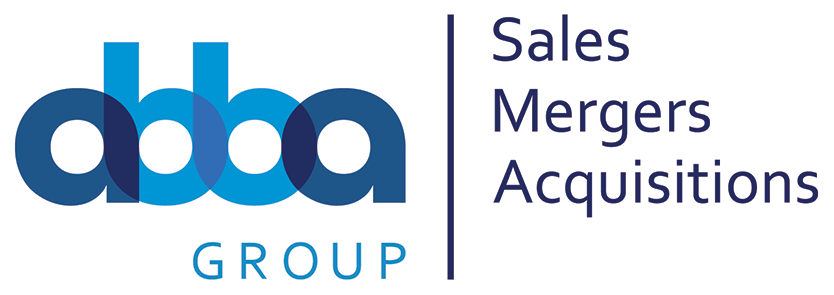Decided to sell your business? Here’s what happens next
You’ve made the decision to sell your business and whether it’s been an agonising one or a decision that came easily, from this point on, there are a few things you can expect to happen. Read on to learn more about the steps involved in listing your business and selling your business.
Selling a business can be a complicated process. You need to continue to manage the business and ensure it not only continues to operate smoothly but also that it continues to maintain reported revenue. This won’t leave you with much time to dedicate to sell your business, not in a way that will present the business professionally, maximise your sale price and contract terms. At this point, it’s a good idea to talk to a business broker who can handle everything on your behalf.
You may already have a business broker in mind, perhaps someone you bought your current business from. If not, talk to business associates, your accountant, your lawyer, clients, even friends or family and get some recommendations.
The sales process
Once you’ve found a business broker, the selling process can really begin. Firstly, your business broker needs to know and understand everything about your business so that he or she can market it in the best possible light. You need to gather information relating to your business operations and financials so that your broker can compile it to present to potential buyers. The document your broker will compile is called an Information Memorandum or ‘IM’.
During this part of the sales process, your broker should undertake a valuation of your business. This will set the price tag of your business when it hits the open market and it needs to be fair to both you, and potential buyers. If your broker does not offer a valuation service you need to get this done independently – it is a crucial part of the selling process!
Once the price is right, your business will be listed for sale and marketing it can begin. Your broker will create the agreed marketing materials for you to approve and authorise. A good broker will reach out to their existing contacts when they know of someone looking to purchase a business like yours. A good broker will also have a network of advisory firms and be prepared to pick up the phone and call potential targets. At ABBA Group the process we follow is twofold. We work pro-actively and reactively. Our pro-active work involves identifying potential targets and approaching those targets. If it is a synergic acquisition the prospective purchaser is generally inclined to pay more to acquire.
When a buyer enquires about your business, your broker will ensure that they sign a non-disclosure agreement before they release any details about your business to them. Your broker will introduce you to buyers that are serious and have been pre-qualified so that your time is not wasted. In addition, your broker will provide you with regular updates about what potential buyers are saying about your business – is the price too high? Why is it priced so low? Will the owner stay on for an agreed period of time? Will the business be affected with the transition? This buyer feedback is crucial during the sales process as it will allow you to work with your broker to make any necessary adjustments to marketing your business to ultimately reach your desired final sale price.
Once a buyer has been found, your broker will negotiate on your behalf. This includes both price and contract terms. Your broker will liaise with third parties throughout negotiations, including solicitors, accountants and landlords, keeping you informed along the way. This is especially important during the due diligence phase when a potential buyer and their advisory team will be doing their homework on your business. Your solicitor will prepare the Contract of Sale and will keep you informed of any changes, buyer concerns or requests along the way, right through to exchange and settlement.
After your business has been sold, there are still a few things you need to take care of. Firstly, your staff. You might have chosen to keep the sale of your business private but now is finally the time to inform all employees that you have sold the business. The same applies to your suppliers and customers – let them know what has happened and how they may be impacted from this point on. Any training that was agreed to with the new owner as part of the sale needs to be scheduled or carried out and you also need to work through the agreed hand over period. An experienced and skilled business broker will be able to provide advice on all these points as well.
Throughout the sale of your business, whether that turns out to be a relatively short period of time or if it unfolds into a lengthy negotiation, keep in mind that even though you have decided to sell your business, your business still needs to operate efficiently and continue to perform as it always has. To ensure this happens, consider recruiting an experienced business broker to take care of selling your business for you.

